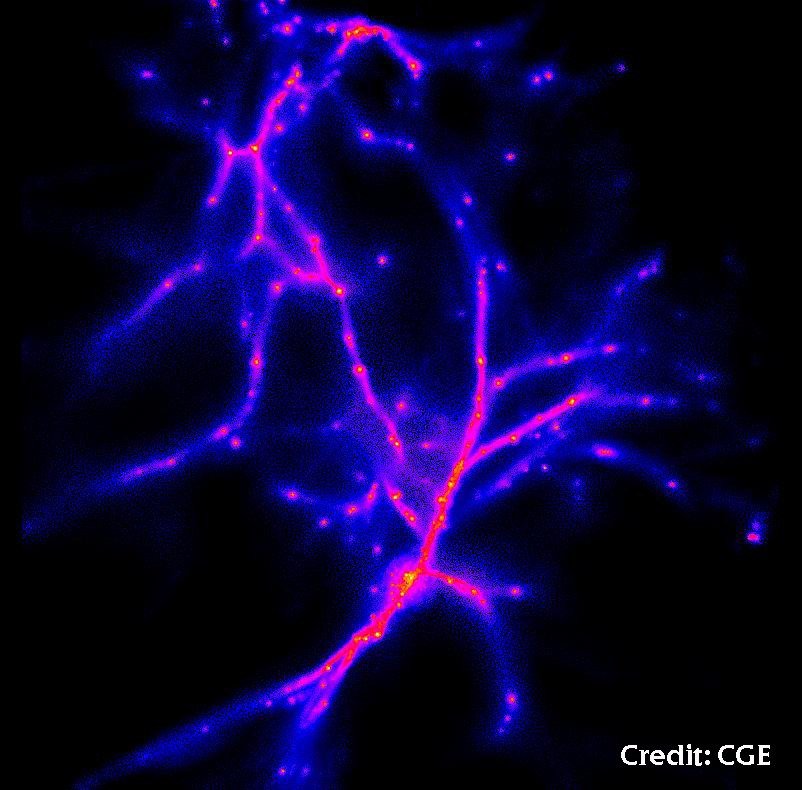The possibility that something unseen but important exists in our universe is an idea that is both eerie and ancient; it reaches back at least 2500 years to the pre-socratic thinker Philolaus. Historically, logical thinkers (starting with Aristotle) have mocked this notion, but there is now abundant and far-reaching evidence that the universe is far stranger than dreamt of by our best philosophers. Over the last 80 years, evidence from a variety of astronomical observations — of stars, galaxies, the cosmic microwave background, and the large-scale universe itself — all point to a single conclusion: the majority of mass in the universe is both unseen and very different than anything we’re familiar with on earth. This unidentified mass is known as dark matter. The existence of dark matter stands among the most profound realizations in modern science, but the precise nature of this material remains unsolved. In this talk, UC Irvine Professor James Bullock will provide an overview of the evidence for dark matter and attempts to figure out what it is. Perhaps more than any other question in cosmology, the dark matter problem unites particle physicists and astronomers in our common quest to determine the composition of the cosmos.

James Bullock










